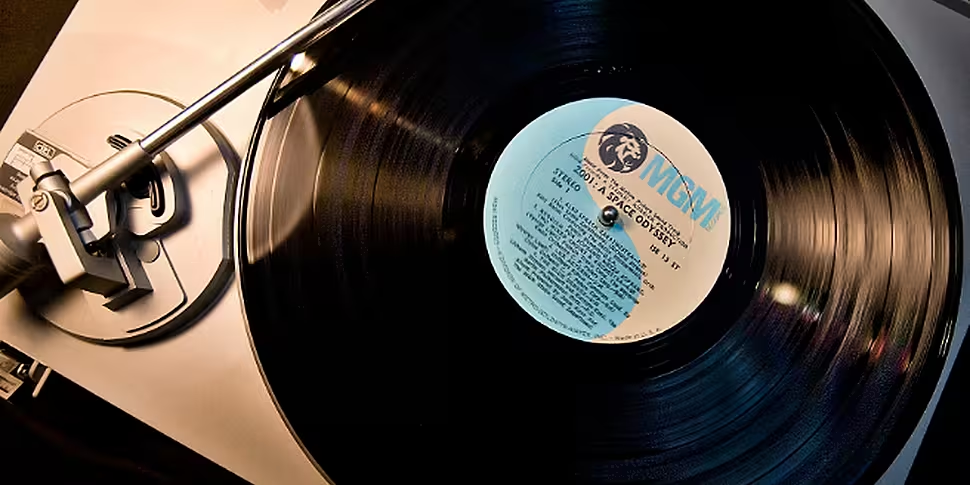New figures from the British Phonographic Industry (BPI) have highlighted the enormous disparity between the popularity of music video streams and the amount the likes of YouTube pay the musicians responsible.
In its Music Market 2016 yearbook, the BPI compared what the UK industry earned from vinyl sales in 2015 with what it took from music video streaming.
The vinyl renaissance is only growing, with the over-2m LPs sold in 2015 making it the biggest-selling year for vinyl since 1994.
From that, it generated £25.1m for artists.
The ever-increasing popularity of video streaming makes vinyl pale by comparison, with 27 billion plays in 2015 marking growth of 88%.
Despite that mammoth number, ad-supported streaming platforms such as YouTube only contributed £24.4m to the music industry.
Geoff Taylor, chief executive of the BPI, called the situation nothing short of "abuse".
He said:
"The fact that sales revenues dipped in a record year for British music shows clearly that something is fundamentally broken in the music market, so that artists and the labels that invest in them no longer benefit fairly from growing demand.
"Instead, dominant tech platforms like YouTube are able to abuse liability protections as royalty havens, dictating terms so they can grab the value from music for themselves, at the expense of artists".
"The long-term consequences of this will be serious, reducing investment in new music, making it difficult for most artists to earn a living, and undermining the growth of more innovative services like Spotify and Apple Music that pay more fairly for the music they use".
The BPI is calling on the UK government to fix this "value grab", noting that video-streaming services pay lower royalties than audio streaming services such as Spotify, which contributed a combined £146.1m.
A YouTube spokesperson told the Guardian:
"For years, the music industry lost millions of dollars as piracy rates soared.
"Thanks to our rights management system, Content ID, rightsholders have complete control of their music on YouTube and can easily decide whether to have content taken down, or profit from it.
"Today, revenue from Content ID represents 50% of what we pay out annually.
"In fact, ad-supported music streaming enables revenue from an audience that has never before paid for music.
"As more advertising money comes online, this will grow to match consumption. Comparisons to other audio-only, subscription music services are apples to oranges".









